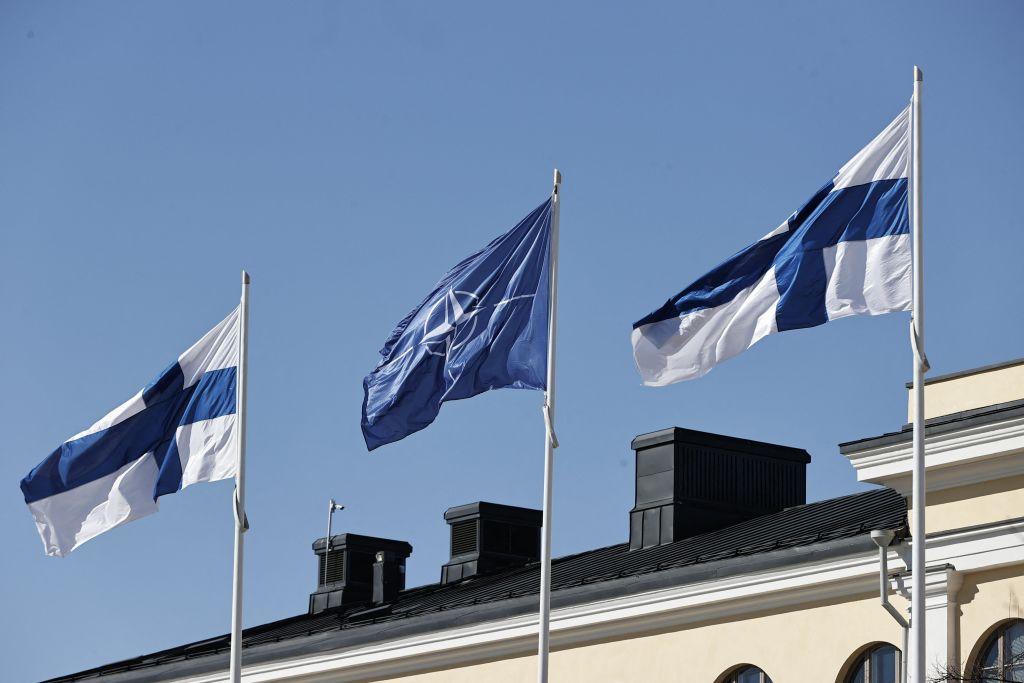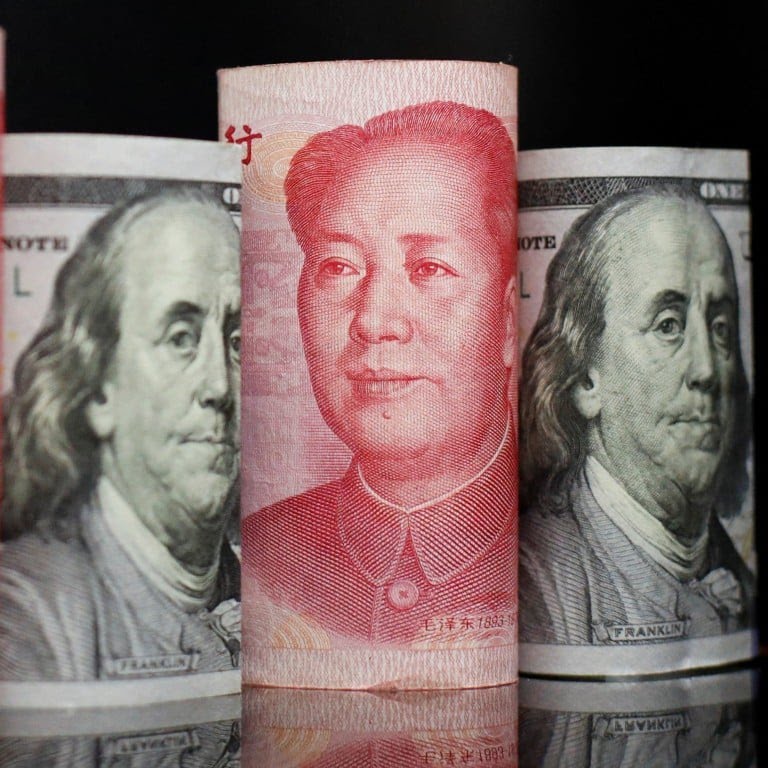On Tuesday, Finland was formally admitted as the organization’s 31st member, ushering in a significant change in the security situation in northeastern Europe and extending NATO’s border with Russia by about 1,300 kilometres (830 miles).
A ceremonial ceremony held on Tuesday at the NATO headquarters in Brussels cemented the Nordic country’s entrance.
The announcement of Finland’s entry was made in the presence of US Secretary of State Antony Blinken and NATO Secretary General Jens Stoltenberg.
defence coalition NATO: In our history, the period of military non-alignment is over. A new era has begun, according to a statement from the Finnish presidency.
Every nation seeks to optimise its own security. Likewise, Finland. Membership in NATO also improves our ability to act and posture internationally. We have long actively participated in NATO activities as a partner. Finland would eventually contribute to NATO’s collective defence and deterrence, it was underlined.
The admission of Finland into the US-led security alliance is a setback for Russian President Vladimir Putin, who has long attempted to undermine the alliance and demanded that it stop expanding before invading Ukraine.
As a result of the invasion, the non-aligned nations of Finland and Sweden decided to renounce their neutrality and seek protection from NATO, however Sweden’s application for membership has been blocked by NATO allies Turkey and Hungary.
The hoisting of the Finnish flag for the first time at NATO’s headquarters in Belgium was announced on the night of the ceremony by NATO Secretary General Jens Stoltenberg, who predicted that “it will be a positive day for Finland’s security, for Nordic security, and for NATO as a whole.”
However, Russia has cautioned that more NATO enlargement will not increase European stability and declared on Monday that it would increase its military presence near Finland if the alliance sent any personnel or equipment to the new member nation.
Alexander Grushko, Russia’s deputy foreign minister, told the Russian official news agency RIA Novosti that if NATO countries deploy personnel and equipment on Finnish soil, “we will enhance our military capabilities in the west and northwest.”
Dmitry Peskov, a spokesman for the Kremlin, stressed that the entry of Finland would compel Moscow to “take countermeasures to safeguard our own security, both tactically and strategically.”
Because Finland is a member of NATO, it will have access to all of the alliance’s resources in the case of an attack.
It also includes the defence provided by Article 5 of the NATO Charter, which declares that an attack on one NATO member constitutes an attack on all members. From the 30-member alliance’s founding in 1949 as a counterweight to the Soviet Union, it has served as a pillar of the organisation.
The improved integration of Finnish soldiers into NATO training and planning is another benefit of membership.
The nation has a long history of cooperation with NATO, and its armed forces frequently take part in NATO exercises as partners.
The Finnish Defense Force also uses some of the same weapons as other NATO countries, such as F/A-18 jets built in the US, Leopard main battle tanks made in Germany, and K9 Howitzers used, among others, by Norway and Estonia.
Helsinki has also agreed to participate in the F-35 stealth fighter programme, enabling its air force to collaborate easily with NATO countries such as the US, UK, Norway, Italy, Canada, Poland, Denmark, and the Netherlands.
Three important areas where Finland benefits NATO are listed in a research from the Washington-based Wilson Center from November: reserve forces, technological access, and artillery forces.
The Finnish artillery has more artillery firepower than the combined forces of Poland, Germany, Norway, and Sweden can now muster, according to the report, with some 1,500 artillery weapons, including 700 Howitzer guns, 700 heavy mortar, and 100 rocket launcher systems.
Along with Sweden’s Ericsson and China’s Huawei, Finland is home to Nokia, “a major provider of 5G infrastructure,” according to the Wilson Center report. The other two major providers of 5G infrastructure are China’s Huawei and Sweden’s Ericsson.
Furthermore, it claimed that Finland has 900,000 reserves who have served in the armed services as conscripts. It claims that Finland’s military can support 280,000 soldiers during a conflict.
















